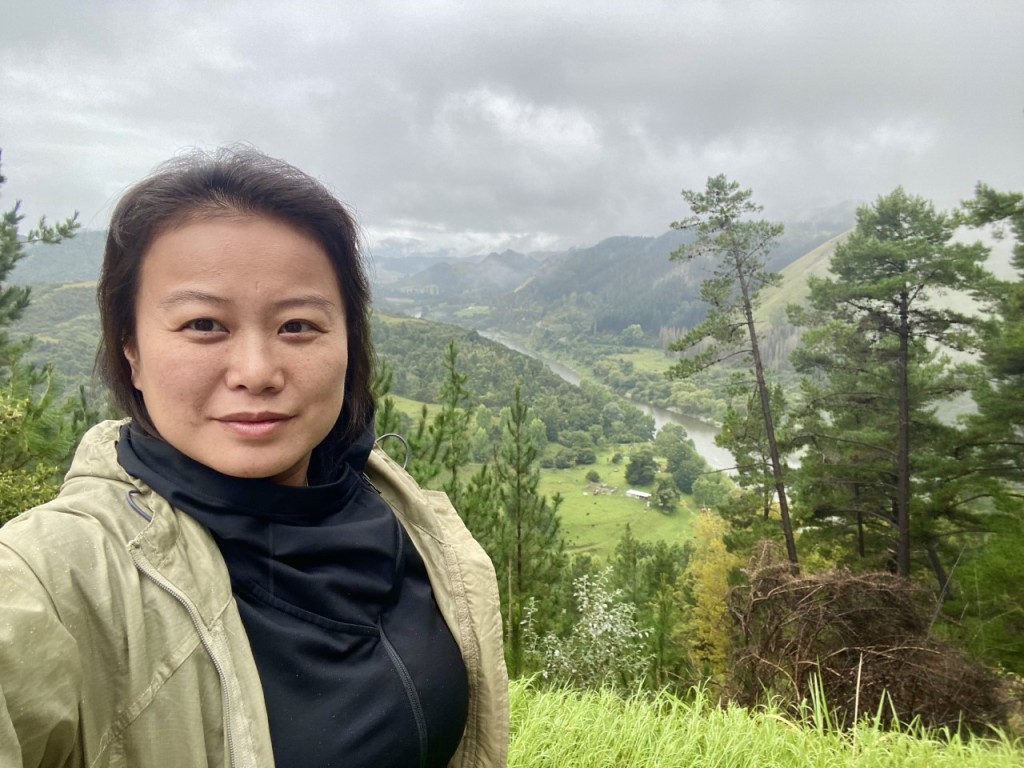Rounding off this week’s symposium on Support the Troops: Military Obligation, Gender, and the Making of Political Community, Katharine Millar responds to commentaries from Mirko Palestrino, Pinar Bilgin, Cian O’Driscoll, and Ellen Martin and Chris Rossdale.
To begin, my immense gratitude to Pinar Bilgin, Cian O’Driscoll, Ellen Martin, Mirko Palestrino, and Chris Rossdale for their close reading, sharp observations, and thoughtful engagement with my work. It’s an intimidating pleasure to have scholars whose work I so value, and whose insights to which I’m indebted, discuss the book. They’ve given me a lot to think about which, over ten years into this project, is a real gift.
Much of the perceptive (and generous) commentary offers a push to clarify and (re)consider what the book does or does not do, does or does not include, and how its insights might be extended to related phenomena. Not unlike the intro to the forum, there are (at least) two ways of approaching this discussion.
The first, I think, is fairly formal answer about scope conditions, and the ambitions of the book to empirical and analytic generalizability. As the reviewers, note, the account of the “fracture” of the liberal military contract, and subsequent politics of supporting the troops, isn’t meant to be empirically generalizable beyond the US and UK. Likewise, I attend only to mainstream and elite discourses; I don’t include the perspectives of serving military personnel, or less organized resistance to the obligation to support the troops.
There are also several entailments of my argument the book doesn’t consider because, following its own logic of inquiry, it can’t. This is because, analytically, I’m interested in the problem that “support the troops” discourses work to solve: the legitimation and normalisation of citizens’ participation in collective violence for/by the state. Liberal democracies encounter a particular spin on this problem, as ideological commitments to autonomy, liberty, and equality sit uneasily with the expropriation of citizens’ time, labour, and lives in the form of military service. But all states encounter a version of this quandry; even in liberal democracies, “support for the troops” doesn’t manifest mechanistically or uniformly. And my account of “supporting the troops” is pitched at the level of a broad discursive formation, and the conditioning of social intelligibility, rather than an interrogation of the intentionality and experiences of “support” of specific individuals. (This latter is incredibly interesting; a discourse analytic approach just can’t get there).
Continue reading





